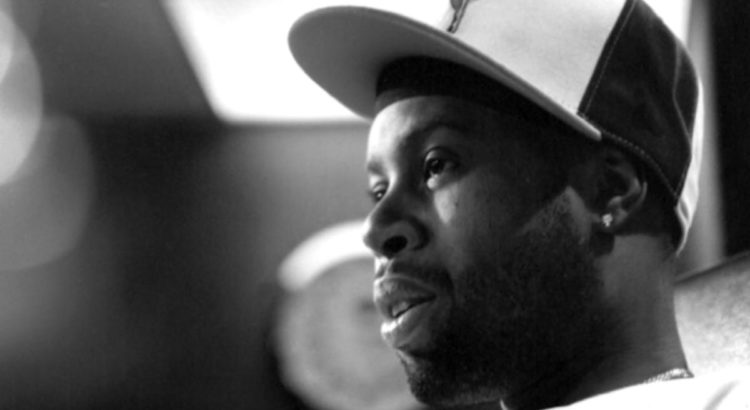“Most of our geniuses leave early. They leave us their legacy. They leave us their music and the music lives on forever.”
-Amp Fiddler
A Tribe Called Quest
Common
The Roots
The Pharcyde
Erykah Badu
Busta Rhymes
De La Soul
Black Star
Janet Jackson
Hi-Tek
Ghostface Killa
Slum Village
This list represents some of the cornerstones of the second golden age of hip-hop. James Yancy was the conductor that helped ring in that second age. A period where beats and verses were dense, “bling” was merely a sample that you may grab from a Raymond Scott album to add track texture, and producers were starting to step out from behind their MPC’s and 808’s to become superstars in their own light.
Most people who worked with or consider James Yancy (J Dilla) a friend would describe him as quiet, not one to cast a wide shadow when in a room. But when his MPC 3000 was booted up (A MPC that is now in the Smithsonian btw!) and would crank out a beat in the basement of his mother’s house, it would do all the talking necessary, and you knew that you were working with one of the best.
Dilla’s legacy would begin in the neighborhood of Constant Gardens in Northeast Detroit. As a teen, Dilla teamed up with high school friends T3 and Baatin to form Slum Village, becoming the torch-bearer for Detroit underground hip-hop, creating music in the home of Funkadelic keyboardist and Constant Gardens resident Amp Fiddler.
Amp saw Dilla’s talent and while on tour with A Tribe Called Quest at Lollapalooza in 1994 he introduced Dilla to Q-Tip, a fellow beatmaker and the leader of ATCQ. Dilla handed Tip his tape of Slum Village beats and later that night Tip was floored. “I played it for Common, Questlove, Pharcyde….I was just tellin everybody you gotta hear it you gotta hear it you gotta hear it.”
And hear it they did! From 1995-2000, J Dilla would produce beats for ATCQ’s Beats, Rhymes and Life and The Love Movement, The Pharcydes’ Labcabincalifornia, Erykah Badu’s Mama Gun,
De La Soul’s Stakes Is High, Busta Rhymes’ The Coming, Common’s Like Water For Chocolate, The Root’s Things Fall Apart as well as releasing Fantastic Vol. 1 and 2 with Slum Village. He was a founding member of The Soulquarians, a collective that would usher in the 3rd golden age of hip-hop.
Dilla’s trademark sound— pulling samples from all areas of music from soul to jazz to world to abstract commercial jingles, not quantizing the beat in the MPC so that the drums are slightly off the beat and therefore more human— would make the rounds in the form of beat CD’s to MC’s and made Dilla the go-to producer in hip-hop. Even Jimmy Jam and Terry Lewis reached out to Dilla (along with Q-Tip and Ali Shaheed Muhammad) to produce a track for Janet Jackson, the biggest pop artist at that time.
As his star rose, Dilla’s health began to deteriorate. Never one to be the center of attention, Dilla didn’t tell many people that he was dealing with the autoimmune disease Lupus as well as Thrombotic thrombocytopenic purpura, a rare blood disease. In the summer of 2005 as his disease left him bedridden at Cedars-Sinai Medical Center, he would produce his magnum opus, Donuts.
Created from boxes of 45’s his mom would bring up to his hospital room, the album would become his love letter to friends and fans. With thirty-one tracks (which was his age at his time of death), none exceeding 2 minutes, the music is cryptic and transcendental to what Dilla was feeling and thinking about what his legacy would be. “It is almost like listening to two producers, the person Dilla was and the person he would be if he had lived,” said friend and fellow beatmaker House Shoes.
The album was released on February 7th, 2006. Dilla would pass away three days later on February 10th.
What is left from his passing is a 10-year span of music that is still powerful and relevant, maybe more relevant than it was when it was created.
Dilla left the Ruff Draft for future producers, shining a light on feel over perfectionism, and keeps us digging for Donuts on the daily.
Nekos Barnes (blackcircle)
The Root, Mondays from 12-1pm













